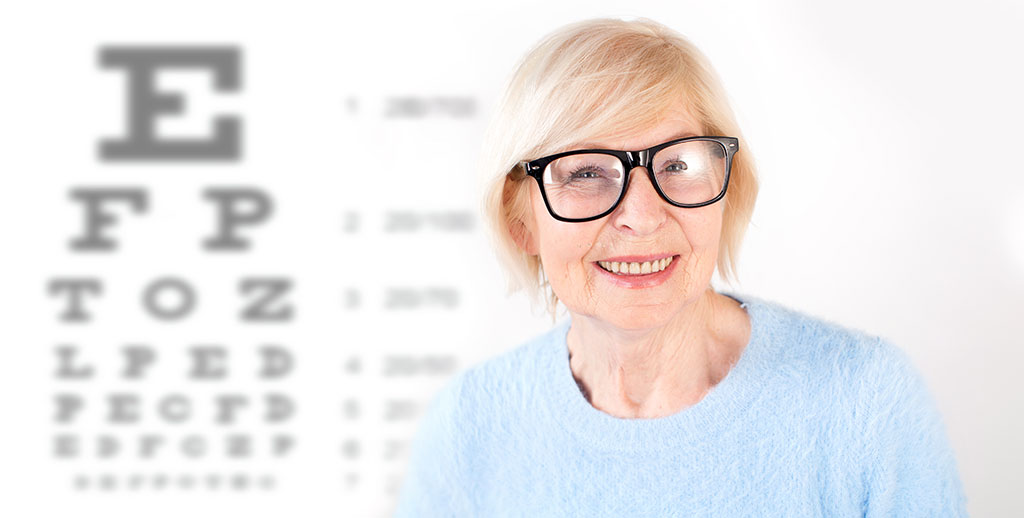If you’re over the age of 40, it’s essential to go for regular eye checkups. Glaucoma, macular degeneration, and other vision problems may begin to develop when you are in your mid-forties. As such, it’s time to make sure you are regularly seeing an ophthalmologist who can detect any eye issues early and refer you for treatment if necessary. Learn about the importance of regular eye care for seniors now!
How Aging Changes Your Eyes
Depending on your age, you may notice that your eyesight isn’t what it used to be. Aging adults need to get an eye exam every year. If you are over 65, be sure to get your eyes checked by an ophthalmologist or optometrist once a year. Vision changes can often go unnoticed by patients because it happens slowly and usually without pain or symptoms (such as blurry vision). Untreated visual conditions not only interfere with everyday activities but also increase your risk of serious injury. Always be sure to schedule annual eye exams for older adults and wear protective eyewear while participating in hobbies or jobs involving machinery, cutting tools, or UV rays.
Presbyopia
Presbyopia refers to a loss of elasticity in your eye’s lens. Your lens, which focuses your vision on nearby objects, gradually stiffens and becomes less able to change its shape when you look at something up close. Because you lose some ability to flex your eye muscles with presbyopia, you may need reading glasses or bifocals to see small types or perform tasks like threading a needle. The condition tends to worsen as we age; by around 60 years old, most people need some form of corrective lenses for close-up vision. Looking at things far away may not be affected by presbyopia, although your eyesight naturally weakens with age regardless of whether you have presbyopia.
Glaucoma
With age, your eye’s ability to focus on nearby objects gradually declines. This is caused by reduced flexibility of your lens, which is due to a loss of elasticity in your ciliary muscles and zonules that control your lenses’ shape. The lens becomes more rigid and more inflexible, making it harder for light rays to enter your eye.
Macular Degeneration
Macular degeneration is a significant cause of blindness in older adults. It can also result in loss of visual acuity and degrade your vision to a point where everyday tasks become difficult. Macular degeneration usually occurs when fluids build up under your retina, resulting in atrophy and damage to your central vision. In most cases, macular degeneration cannot be cured, but it can be controlled with proper treatment from your eye doctor. In extreme cases, laser surgery may be required to improve or restore vision.
How Senior Eye Exams Help You Maintain Healthy Eyes
Our eyes do not see age as gracefully as we do. With time, vision deteriorates, and other eye-related ailments begin to affect us. This is why it is so vital for older adults to have regular eye exams with an optometrist or ophthalmologist. An eye exam can detect health issues before they become significant problems. And, if a health issue does develop, you will be able to receive treatment immediately instead of putting it off because you are worried about your eyesight.







